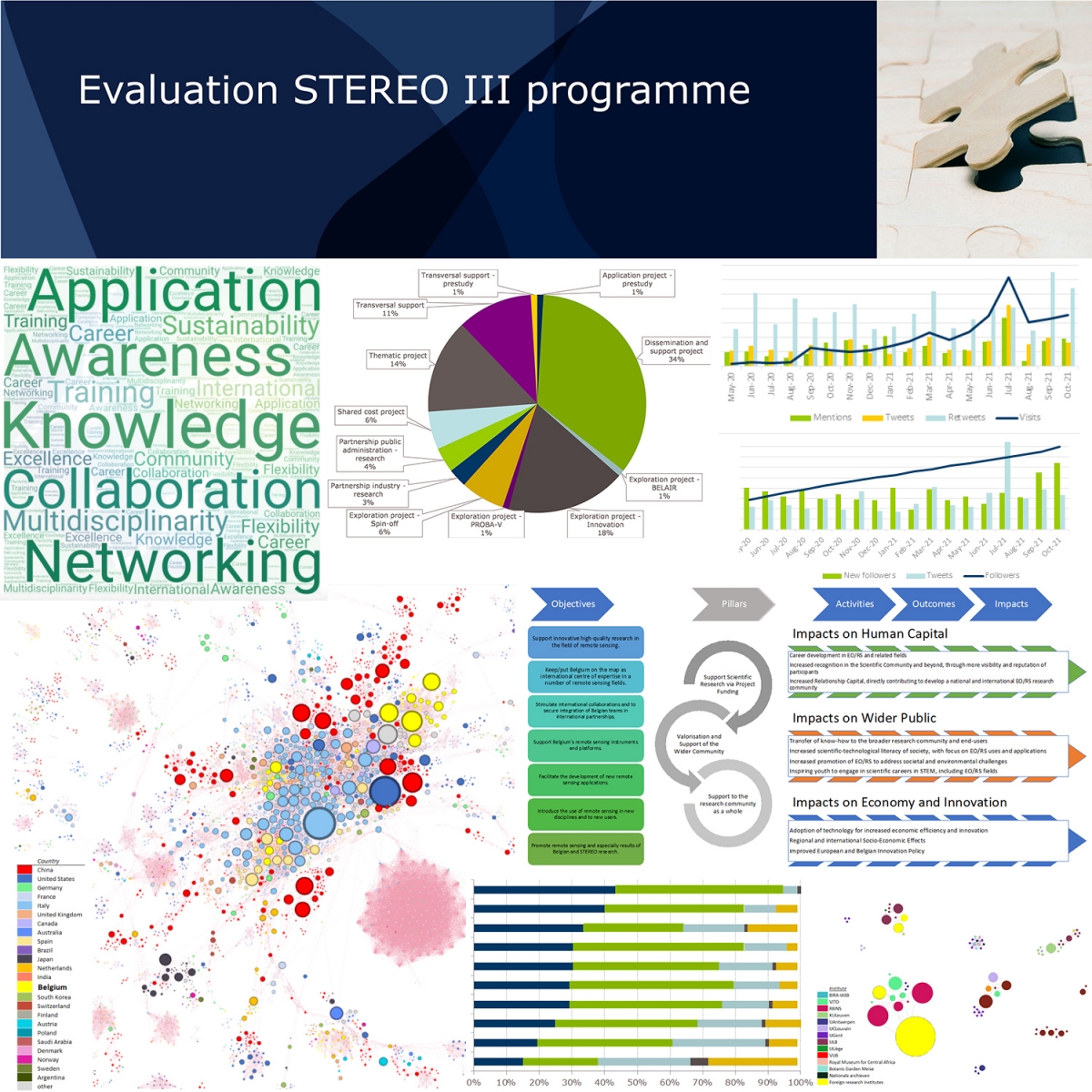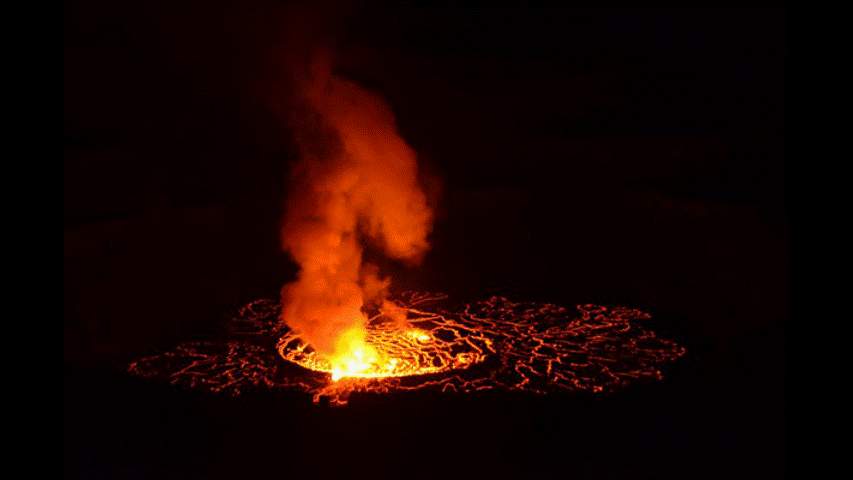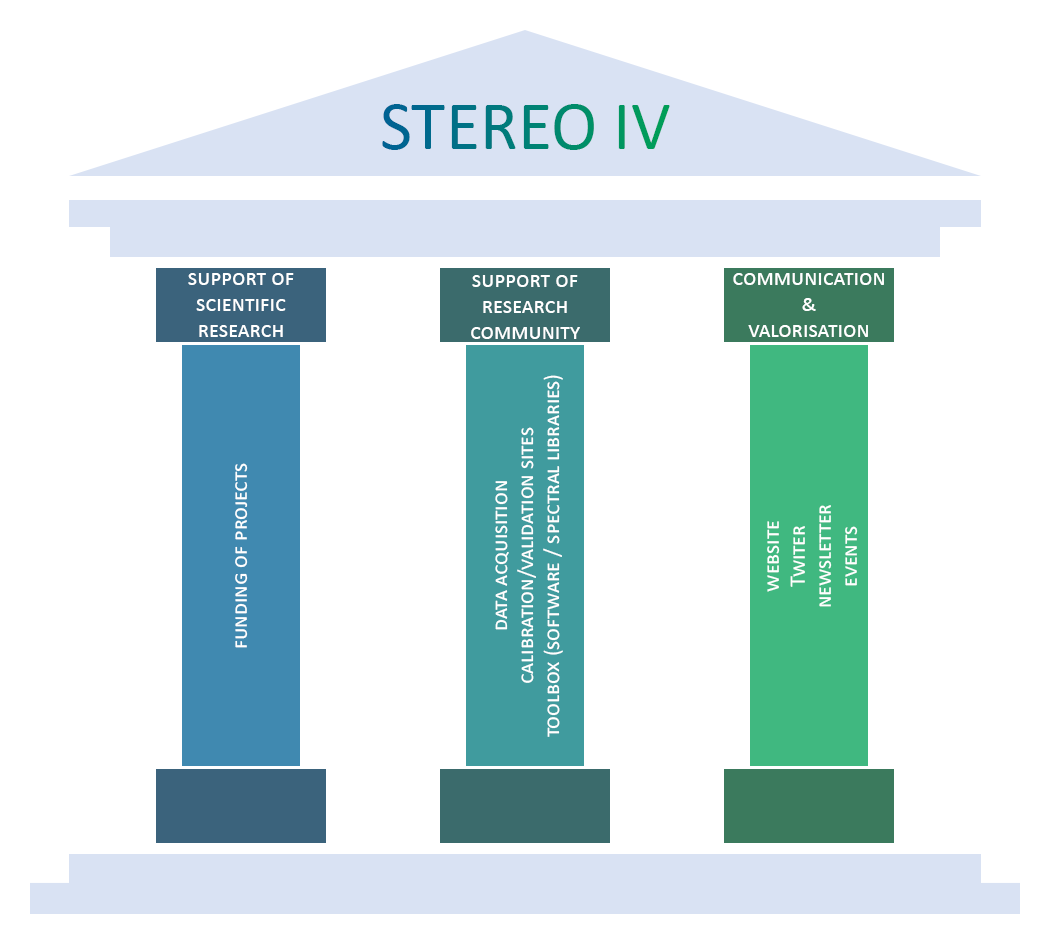Published on 15 April 2022
Officially, the STEREO III programme was to end in 2021. But then COVID-19 came and threw a spanner in the works. With both field work and collaboration opportunities between partners affected, several of the projects still ongoing at the time had no choice but to ask for an extension. This meant that the closure of the programme had to be shifted as well to the end of 2022.
However, this did not stop the STEREO team from preparing the next phase of the STEREO programme, STEREO IV.
First step: making an inventory of the activities carried out during the lifespan of the STEREO III programme. Combing through hundreds of files, webpages and data bases resulted in lots of interesting facts and figures.
 |
A selection of the outcome:
|
| The STEREO projects covered a wide array of themes as illustrated in the figure below: | |
 |
|
The STEREO team was also very active in communication and promotion during STEREO III : a brand new comprehensive and trilingual website saw the light in 2018, twice monthly newsletter sent out to 1000+ subscribers, a twitter account reached over 1000 followers in 2 years’ time and 18 conferences were (co)-organised or sponsored of which IGARSS 2021, one of the most important international meetings in the field of remote sensing, was most notable.
Next came an external evaluation of the programme to see what had worked well and where there was room for improvement. STEREO III emerged from the evaluation as a successful research programme that had largely achieved its objectives. The evaluators concluded that STEREO III:
- is a successful and varied scientific programme with high-quality and innovative Earth Observation (EO) research;
- provides an important contribution to the European EO science and the creation of innovative EO applications;
- has been successful in putting Belgium on the map as a country with high quality EO research in various domains;
- links Belgian EO-research to international knowledge networks and top researchers in EO;
- plays a key role in attracting and training Belgian EO researchers;
- readies scientists to attract additional funding;
- is a precursor to real open science research;
- has excellent dissemination activities and communicates in varied ways to a growing community of professionals as well as the wider public.
Improving the wider industrial and societal impact of STEREO projects and actions has, however, been identified as a major area for attention for the future programme.
Armed with this knowledge and in order to ensure continuity of research funding, the STEREO managers drafted the broad guidelines of a new programme and these were approved by the State Secretary for Science Policy last month.
The thematic priorities are:
- Impact of climate change on terrestrial/marine environments (data exploitation, monitoring, modelling, mitigation strategies);
- Advanced Monitoring and Assessment of Hazards (including pandemics);
- Monitoring environment for improved environmental health and biodiversity;
- Geo-information for Sustainable and Green Cities
Methodologically, the programme will focus on (but will not be limited to) artificial intelligence and deep learning, big data exploitation and the use of multi-mission and multi-scale data: from space over airborne to close sensing.
More information can be found in the information file of the first call for proposals, which was launched last week.
The STEREO team warmly invites you to discover this call and is looking forward to your participation in its new programme!

